6 Things You Might Not Know About Engine Oil
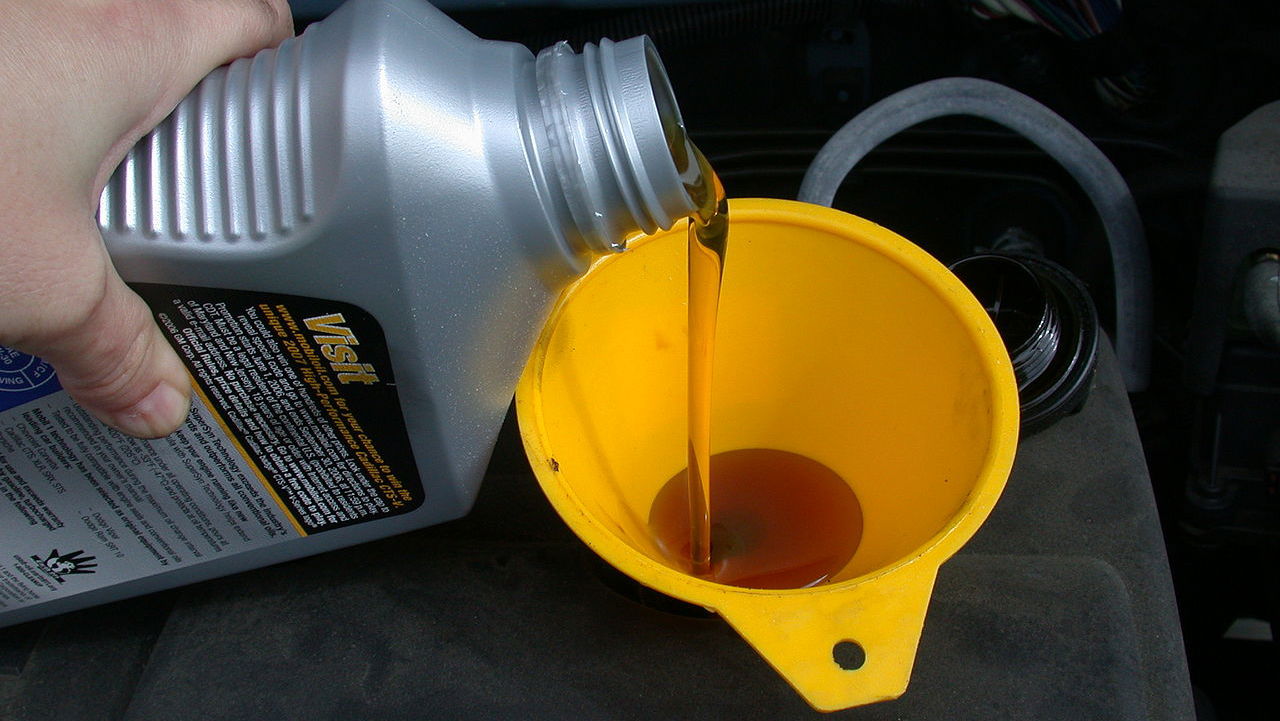
1. What exactly does engine oil do?
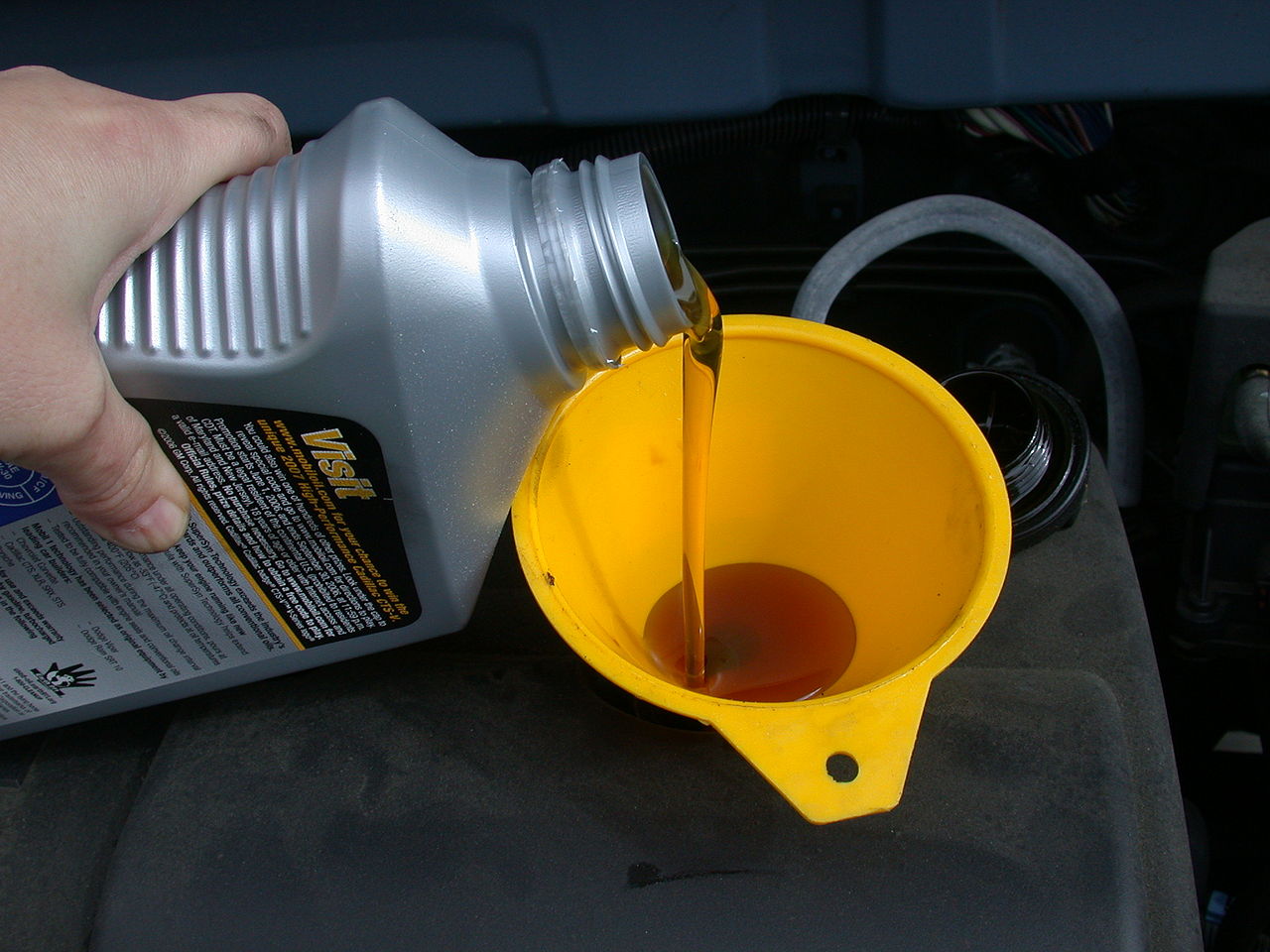
There are a few reasons why it’s important you keep your car’s engine topped up with oil. First and foremost, it provides lubrication to all the moving metal parts, ensuring they don’t grind together and cause unnecessary wear or too much heat. Oil also holds all of the nasty by-products of combustion. In the long run keeping your oil level topped up will save you cash on repairs, and will even give a very small improvement to your fuel economy, as the engine won’t be working quite so hard.
Over time, your engine will pick up dirty deposits, meaning it won’t last forever. If you’re wondering how often you should change your oil, check your car’s manual. It’ll probably be somewhere in the region of every 10,000 miles for a modern car - please ignore the 3000 mile myth! You do not need to change your oil that often.
2. What does that alpha-numerical rating actually mean?
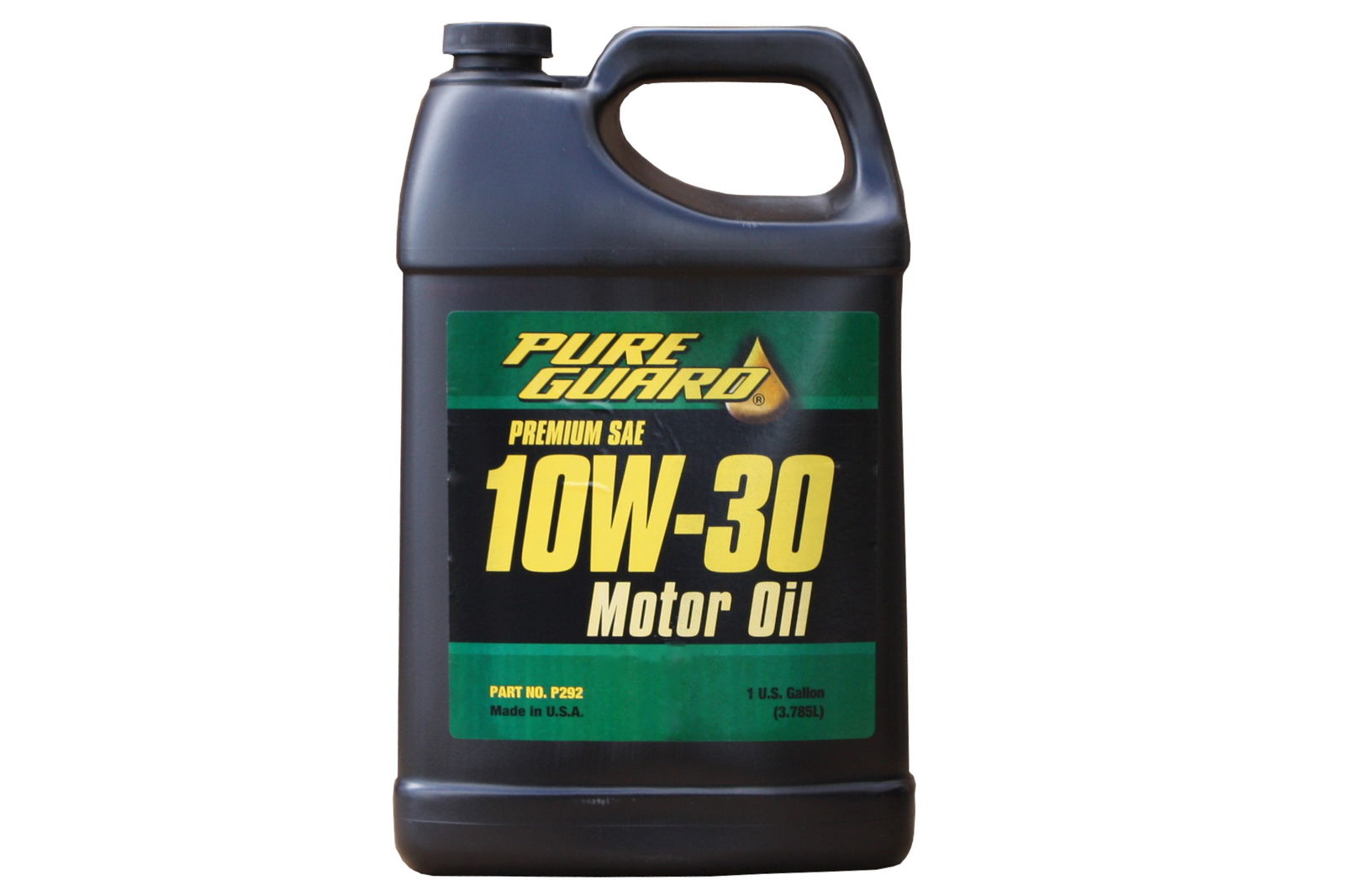
Engine oils are rated in two ways: cold viscosity and hot viscosity. This rating will be displayed on the bottle, and gives you an idea how well it’ll respond to cold startups - particularly important for people who live in colder climates - as well as its thickness at high temperatures.
The first number, which will be attached to the letter ‘W’ (which stands for ‘Winter’), is the cold rating. The lower the number, the lower the temperature it will work in - if the number is too high and you try to start your car in freezing temperatures, the oil might be too thick to get flowing, and your engine may not start.
The second number is the viscosity of the oil when tested at temperatures indicative of a running engine. The higher the number the thicker the oil. If you run your engine at high speeds or under heavy load, for example towing a trailer, you want a higher number. Your car’s manual will let you know what viscosity oil to use.
3. What's the difference between synthetic and mineral oils?
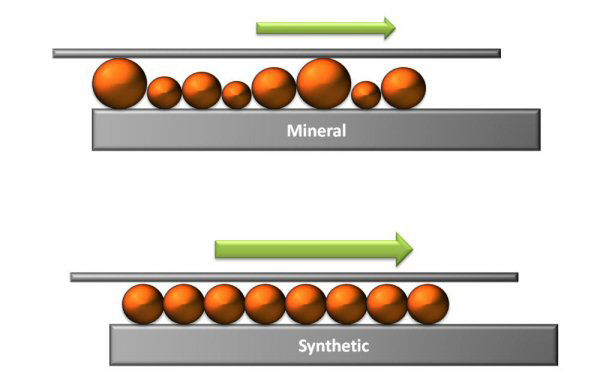
A mineral oil is essentially the same as it was when it was pulled from the ground, whereas synthetic oils have been distilled and broken down to their base molecules. They can then be rebuilt, with molecules tailored to provide better protection. Mineral oils will be cheaper, but they’ll also have more impurities and will not provide such smooth lubrication.
4. Synthetic oil is more than just oil
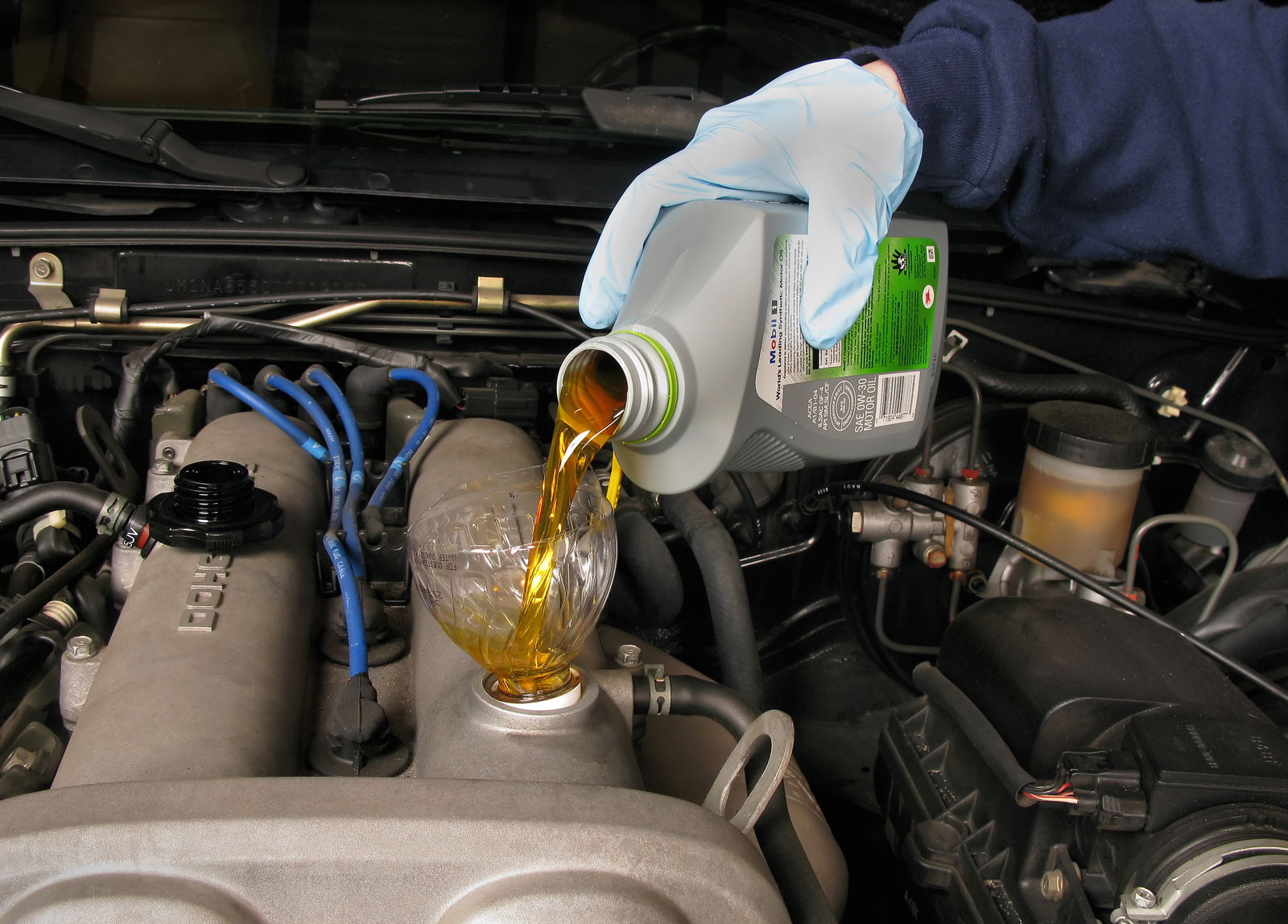
The cool thing about fully synthetic oils is that clever scientists in laboratories can add to the oil’s makeup to provide better anti-wear, anti-oxidant and anti-corrosion properties. Once the base oil is in place, they’ll typically add zinc, phosphorous and sulphur molecules.
5. Adding metal to the oil reduces friction

It sounds conuter-intuitive, but some oil companies have had success with adding titanium to the oil. When you turn your engine off, oil drains from the engine back to the pan. By adding titanium, it bonds to the metal parts, which ensures there is a small layer of protection next time you turn your engine on - which is when 75 per cent of engine wear occurs - before the oil has had a chance to flow through it and get up to full operating temperature.
6. Magnetic particles reduce wear

Another way oil manufacturers have found to reduce wear on startup is to add magnetic particles to the oil mix. When the engine is switched off, the magnetic particles cling to the engine to reduce wear on startup.


Comments